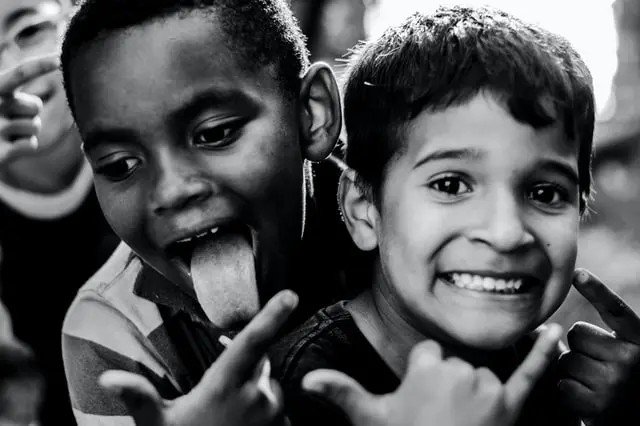What We Can Do to Authentically Support BIPOC Kids Today
BIPOC stands for Black, Indigenous, and People of Color. It’s designed to highlight the unique forms of racial stress and sometimes trauma this demographic may face. The racial trauma experienced by BIPOC kids can result in a vast array of issues and symptoms, e.g.
Anxiety
Hyper-vigilance
Behavioral concerns
Loss of concentration and focus
Inability to trust others
Physical outcomes like sleep problems and digestive disturbances
It doesn’t have to be this way. With help from their community, BIPOC kids can grow up in a more welcoming and just environment. Learning how to authentically support them is a task each of us must learn.
4 Things We Can Do to Authentically Support BIPOC Kids Today
1. Look Inward and Be a Good Role Model
Even without your conscious awareness, your brain is constantly noticing differences. This includes recognizing differences in all the people we encounter. In terms of evolution, this is usually a very good thing. As for living within a diverse community, things can get a lot trickier. We may not even recognize our biases and thus, they can shape our behavior without intervention.So, step one involves doing the work to explore your own thoughts and actions. From there, you can model anti-racism for your kids. They are always watching and listening. It’s easier to influence their mindset by demonstrating what supporting BIPOC looks like.
2. Talk to Your Children About Race
Our brains start discerning differences at a very young age. Studies have found that even infants can identify race-based differences. Six-month-old babies have been found to prefer adults of the same race. By the time they’re walking, talking, and growing into pre-schoolers, these preferences can become biases. Left unchecked, some established race-based attitudes have taken hold by adolescence.Translation: Don’t leave things to chance. Left to their own devices, kids will act on internal cues that can lead them to a place of racial bias. Once societal influences kick in, they can also develop some skewed perspectives. The antidote is awareness and interaction — starting at a young age. Be available to answer their questions and gently discuss their choices.
3. Define “Not Racist” vs. Anti-Racist
Being “not racist” is basically the bare minimum anyone can do to support BIPOC kids. It does not include having important conversations. It does not include speaking up and standing up for others. Anti-racism, however, is an active choice. You commit to diligence in word and deed… and self-education.
4. Educate Yourself
Like any form of emotional education, race-based learning is an ongoing process. Don’t expect to graduate and get a diploma. Situations shift. Circumstances evolve. Therefore, it is incumbent upon you to stay in self-education mode. Be ready to question assumptions. Remain open to fresh perspectives. Listen carefully and closely when BIPOC children speak.
Culturally Competent Counseling
If you are raising or responsible for a BIPOC kid, you know that racial stress and trauma are an ever-present threat. Your child's ability to thrive at home, at school, and in social settings requires your steady support. This is where a culturally competent therapist can help play a major role. You will need a seasoned guide. It's important to have someone involved who can help compassionately tackle the specific blend of factors you’re facing.I have worked with countless people who are navigating similar situations. Our sessions will offer you solace along with respect and hope. Your concerns will be validated and taken seriously. Your BIPOC child will get the support they need. Please read more about parent counseling. Please reach out for a confidential consultation today. You and your children will be given a chance to benefit, grow, and thrive.

